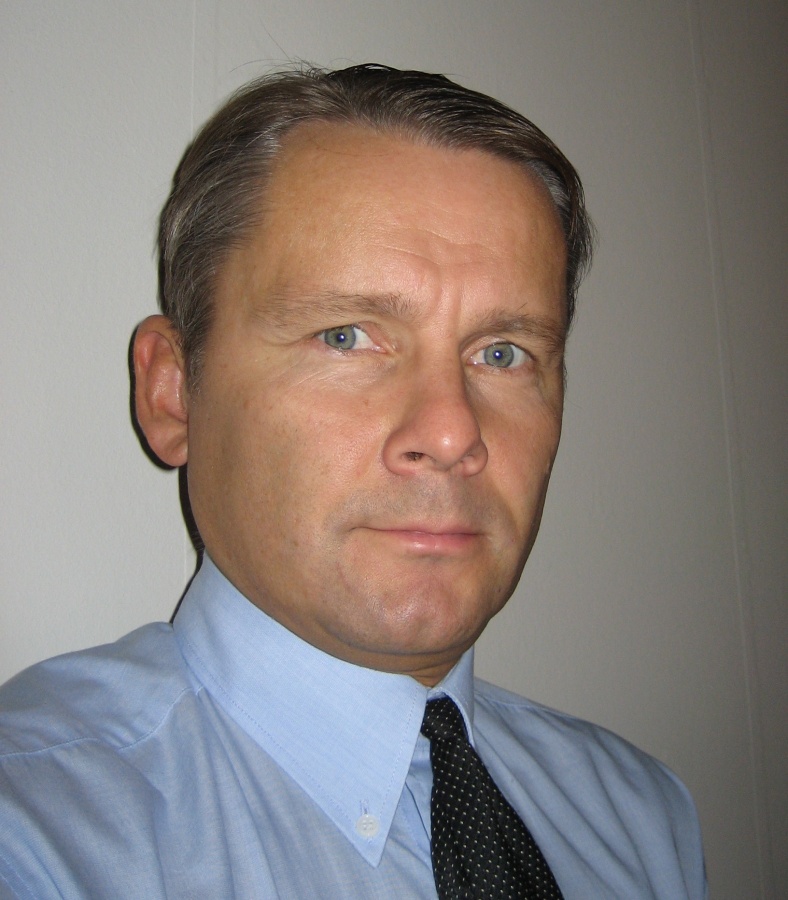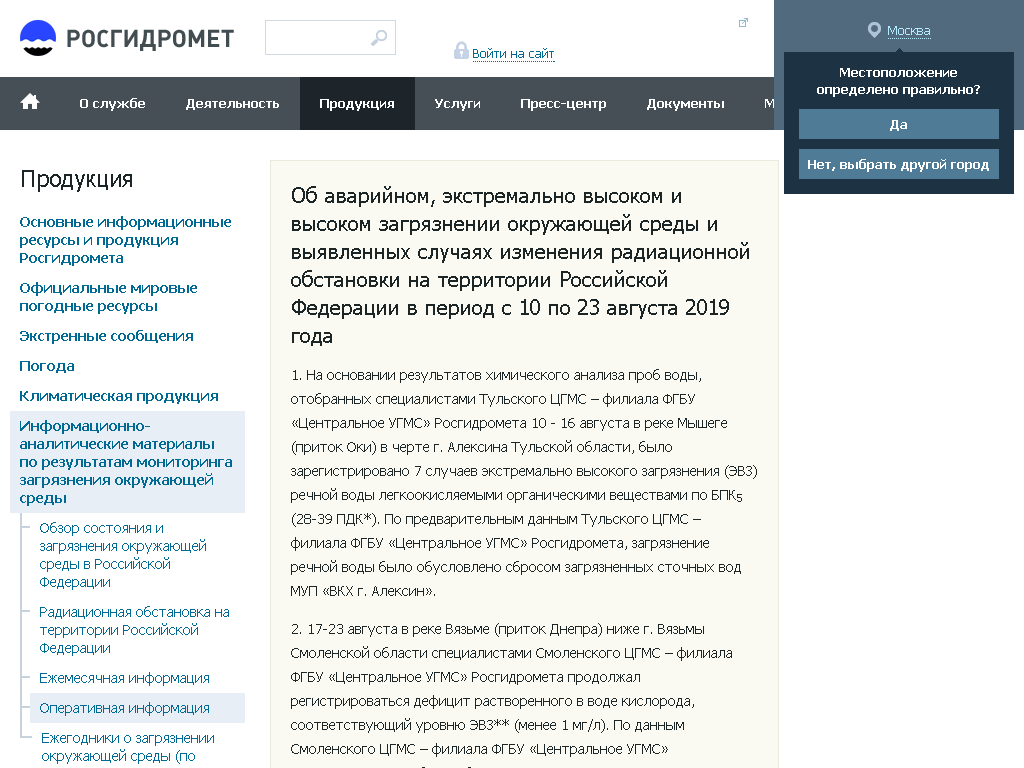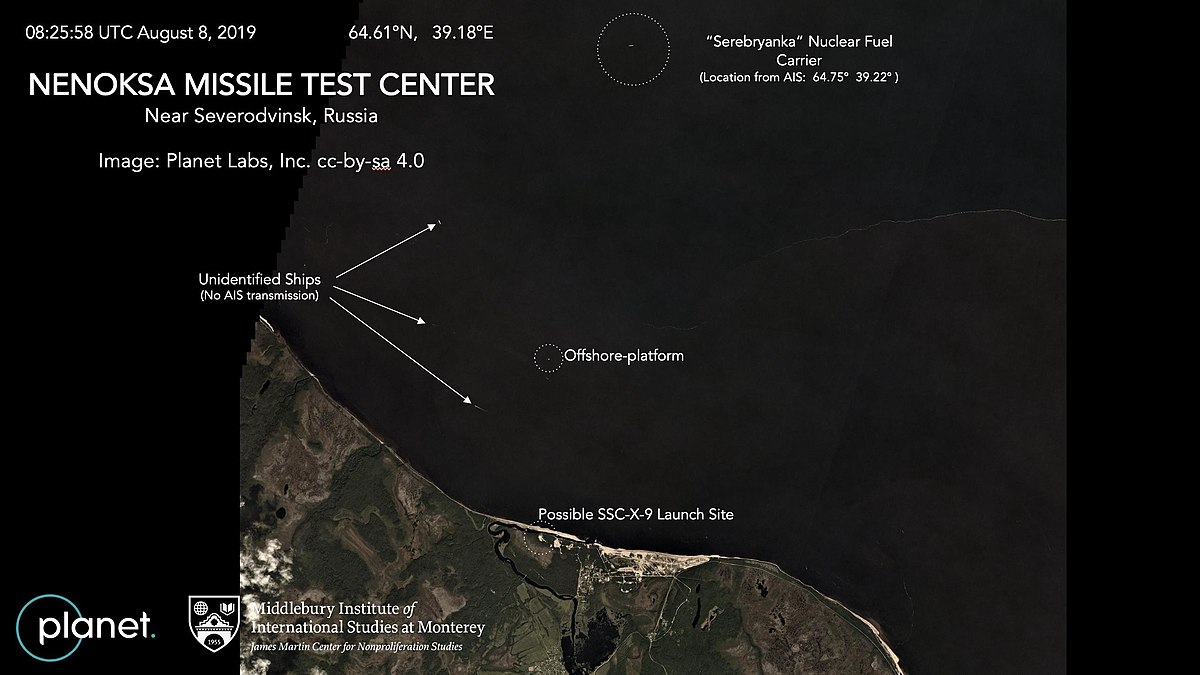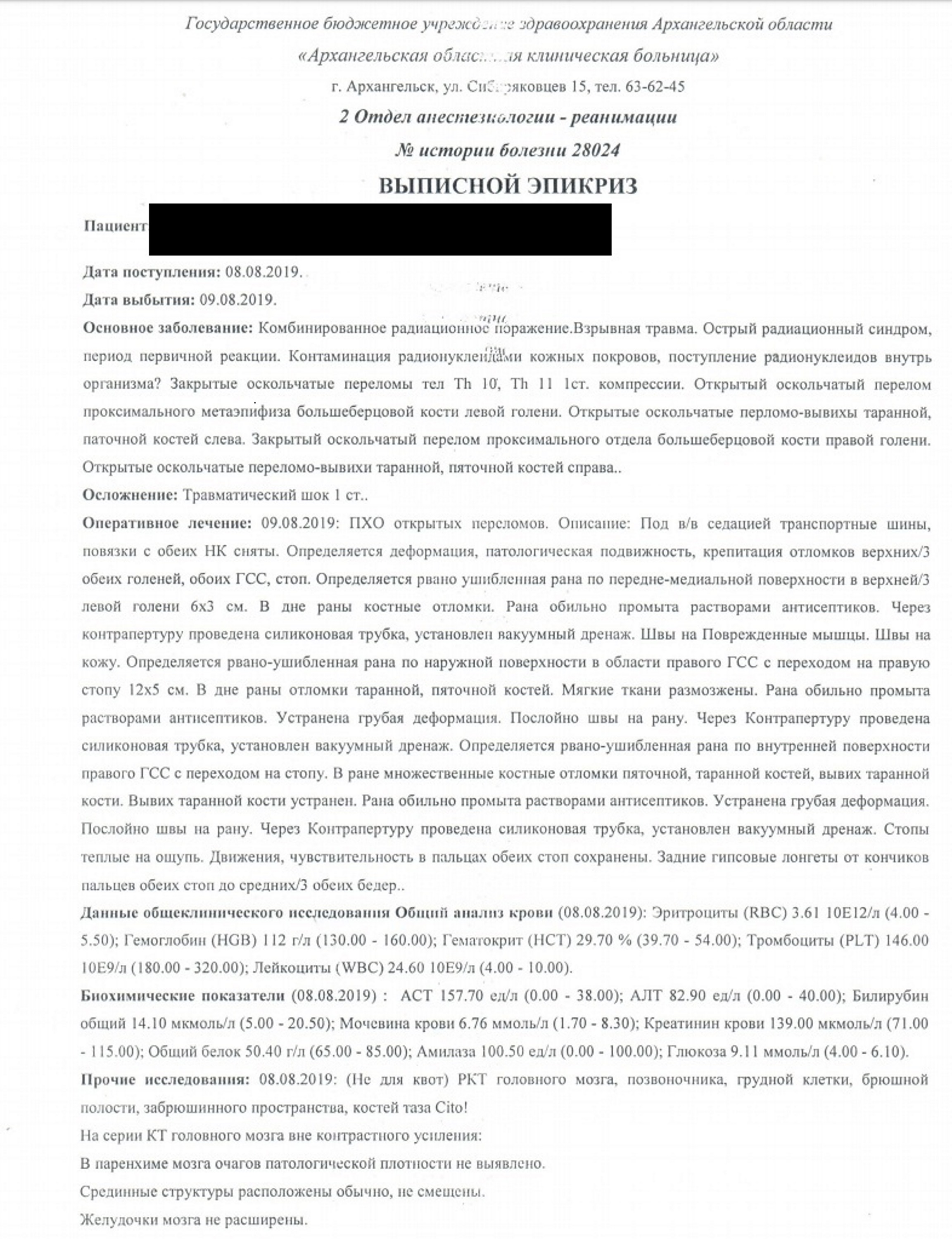“They lied to us that nobody knew there was radioactive contamination”
Pavel Kovalev (not his real name), a physician at Arkhangelsk’s regional hospital
On August 8, at 4:35 p.m., three people injured at a military testing site were brought to our hospital. We doctors directly asked if any of the patients had been exposed to radiation. The patients’ escorts told us that they’d all been decontaminated. They said, “They’re no danger to you. Get to work.”
The patients’ condition was critical, and the hospital called in everyone on standby, as well as some additional traumatologists, surgeons, and neurosurgeons, so we could do everything in our power. Some of the patients had spinal and hip fractures.
Some time later, when we were already in surgery with the patients, the dosimetrists showed up and started measuring beta-radiation levels. They ran out of the operating room in terror. Doctors caught them in the hallway, and they confessed that the beta radiation was off the scale.
They had detectors and dosimeters at the Semashko hospital, where they brought another three victims. The doctors realized there was radiation, even though they were also told initially that there wasn’t any. They decontaminated the patients themselves, wearing protective suits, respirators, and started treatment, only after they made sure everything was safe. That’s how it’s supposed to be. We’d have done the same thing, if we’d been warned.
The next day — when the hospital was already, how shall we say, soiled in cesium-13 — soldiers started decontamination work in the operating rooms and emergency room, mowing the grass all around the hospital, and dismantling and confiscating anything they couldn’t disinfect (including the bath in the emergency room where we washed the victims).
And another important thing: we risked the lives of the other patients who were in the emergency room at that time. We closed the area only after we realized that we’d admitted three patients who’d been exposed to radiation. The whole time up until this, literally steps from our victims, there were teenagers, pregnant women, and people who needed medical attention, all just walking by.
The next day, on Monday, staff from the Health Ministry arrived. After spending several hours with the patients (about whom the doctors themselves knew only that they’d been exposed to radiation, and not the type of radiation or doses), the physicians started asking the Health Ministry officials: “We’ve likely been irradiated. Who’s responsible for this? Whose decision was it? And how will we be compensated for this?” The acting minister said the doctors would get overtime pay, which is roughly 100 rubles ($1.50) an hour. In other words, the Health Ministry officials didn’t deny that the staff had been irradiated. So these people spent five to six hours with the infected, performed operations on them, and got 500 rubles ($7.60) for it.
...










